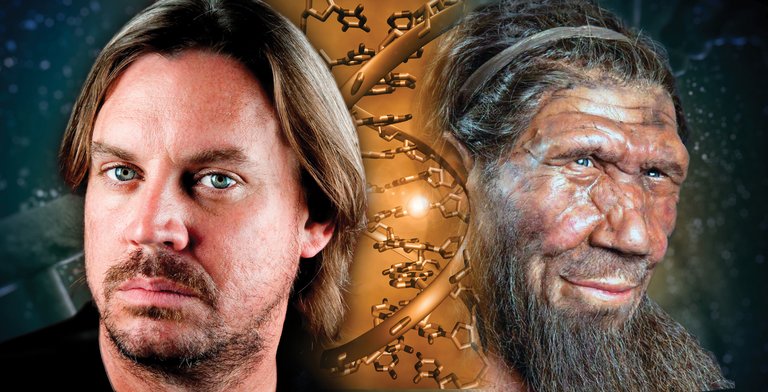Study the relationship between genes and health from Neanderthals

The research is directed by John Capra, of the University of Vanderbilt. It has compared the health data of 28,000 people of European origin with groups of genes (haplotypes) from Neanderthals and the results have been published in the journal Science.
According to the researchers, 135,000 genetic variants or SNP of Neanderthal origin have been identified first. Subsequently, we have sought the way in which these SNPs can act on health and thus have been able to verify that they are closely correlated with 12 diseases or alterations, including depression, myocardial infarction and circulatory problems.
Some of the relationships found have confirmed already existing hypotheses. For example, they suspected that Neanderthal genes affect keratinocytes. These cells protect the skin from environmental aggressions, such as ultraviolet radiation and pathogens. The current analysis has shown that variations of Neanderthal DNA increase the appearance of a skin disease caused by the sun, keratosis, by the formation of defective keratinocytes.
Other unknown relationships were the relationship between a variant of Neanderthal DNA and nicotine addiction. Variants related to depression, some beneficial and others harmful, have also been found.
According to Capra, in principle it is possible that the genetic inheritance inherited from the Neanderthals is beneficial for the first populations that left Africa and expanded to Europe, but today, with our way of life and in our environment, they have become harmful. An example of this is the Neanderthal variety that facilitates blood clotting. It would be beneficial to close wounds quickly, but today it is harmful, as it increases the risk of heart attacks and embolism.
Listen to Capra's explanations in the following video: Still humans connected to Neanderthals?
Buletina
Bidali zure helbide elektronikoa eta jaso asteroko buletina zure sarrera-ontzian











